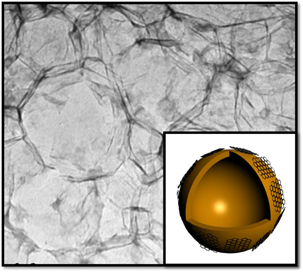PhD Scholarship in Sydney (Australia)

UNSW Australia (The University of New South Wales) are encouraging applications for prestigious PhD scholarships.

PhD in Polymer Chemistry/Biomedical Science
Very prestigious PhD Scholarship (tax-free) available at $40,000/year for four years to work on a project entitled “Development of tunable polymeric drug carriers for spatiotemporally precise and quantifiable delivery of payloads to control cell form and function” under the joint supervision ofProf Per Zetterlund, Prof Melissa Knothe Tate and Prof Martina Stenzel.
This is an interdisciplinary project at the interface of polymer chemistry/colloid chemistry and biomedical engineering. The project will be conducted mainly at the Centre for Advanced Macromolecular Design (CAMD; http://www.camd.unsw.edu.au/) in the School of Chemical Engineering. CAMD is a research centre dedicated to the synthesis and application of polymers/polymeric nano-objects using a wide range of modern polymerization techniques. A significant portion of CAMD’s activities are directed towards general and specific applications in the areas of advanced materials, as well as polymers for energy, sustainability and health/bio applications.
Interested applicants should contact Prof Per Zetterlund via email (p.zetterlund@unsw.edu.au) by 11 November 2016.
PhD in Bioengineering and health

Very prestigious PhD Scholarship (tax-free) available at $40,000/year for four years to work on a project entitled “Effect of antimicrobial polymeric nanoparticle shapes on interaction with bacteria cells and biofilm” under the joint supervision of A/Prof Cyrille Boyer, Dr Christopher Marquis, Dr Elizabeth Hinde and Dr Nicolas Barraud (International partner) from Pasteur Institute, France.
Project Description: Polymeric nanoparticles will play a vital role in the future for combating antibiotic resistance. However, there is a need to understand the effect of their physicochemical properties on their interaction and bioactivity against bacteria cells and biofilm. In this project, we will study the different parameters that could affect their antimicrobial activity, including their size, shape hardness and composition. We will use a novel fluorescence microscopy technique to track these nano-objects in various pathogens. The student will learn about the design and synthesis of such polymeric nanoparticles in addition to microbiology and innovative techniques in fluorescence microscopy.
Interested applicants should contact A/Prof Cyrille Boyer via email (cboyer@unsw.edu.au) by 11 November 2016.
